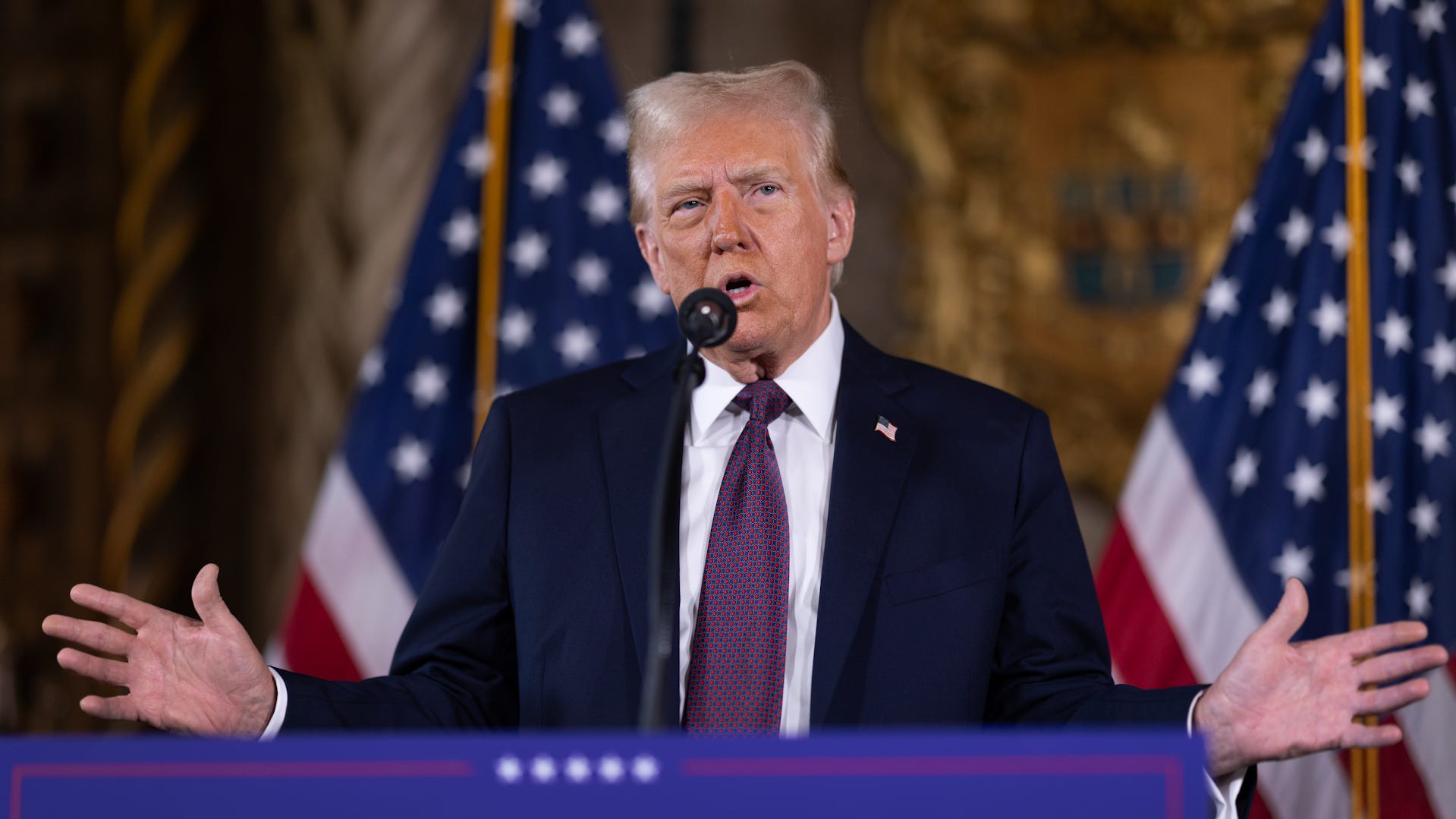Argentina President Javier Milei pulls out of World Health Organization, following Trump

President Javier Milei pulled Argentina out of the World Health Organization, citing right-wing complaints about COVID lockdowns, weeks after President Donald Trump, his close ally, also removed the U.S. from the organization.
In a statement released Wednesday, Milei faulted the organization for its response to the COVID pandemic, saying it "failed in its greatest test" by promoting lockdowns.
Echoing Trump's accusations, Milei's statement claimed the organization's prescriptions were the result of "political influences, not based on science."
Manuel Adorni, a spokesperson for Milei, said he withdrew Argentina from the organization because of "deep differences" and "a lack of independence from the political influence of other states."
Milei has propagated many of the same right-wing complaints against global organizations as Trump. At a United Nations speech, he called COVID lockdowns, which scientists at the organization recommended to stop the disease's spread, a "crime against humanity."
Trump pulled out of the organization on the first day of his new term. He faced his own criticisms for his administration's handling of the pandemic in 2020 during his first term, as the disease quickly spread through the U.S., killing more than a million Americans.
Trump also took issue with the U.S. giving what the order called "onerous payments" to the organization – the U.S. gave the most money of any country worldwide during the Biden administration.
The move caused concern among health experts, who said it could impair worldwide disease response and readiness for a future pandemic. WHO's work with the U.S. has " protected and saved millions of lives in America and around the world," said Tarik Jašarević, a WHO spokesperson.
Trump and his allies have called for a "herd immunity" approach to COVID – allowing some parts of the population to catch the disease so that they become immune. Global health experts say the approach runs contrary to science and could put large swaths of people in danger.
Contributing: Reuters